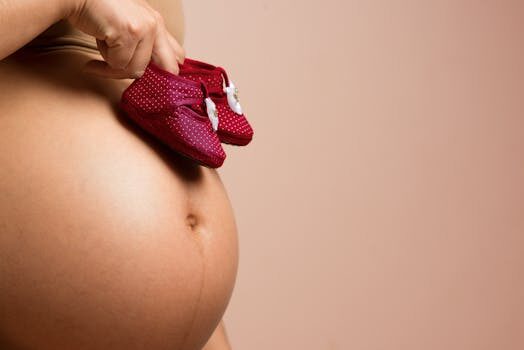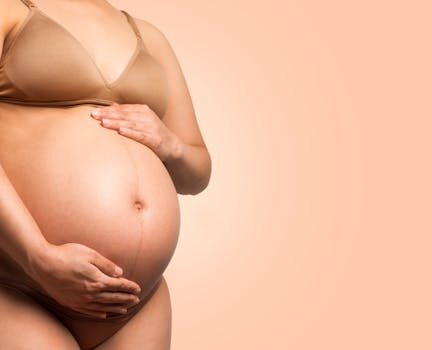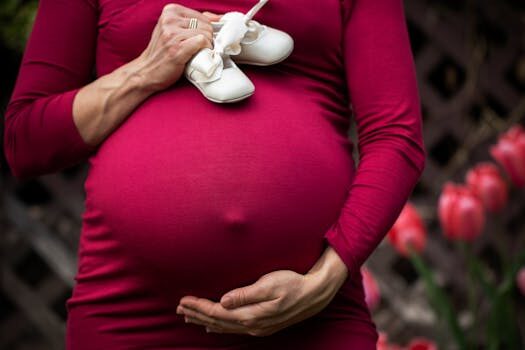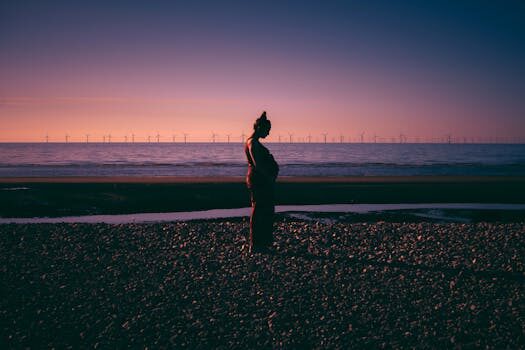How long does it take to get pregnant?

When it comes to the journey of starting a family, one common question arises: how long does it take to get pregnant? The answer varies significantly based on multiple factors such as age, health, and lifestyle choices. Understanding these factors can help couples navigate their conception journey more effectively.
In this article, we will explore the different aspects that influence the time it takes to conceive, addressing common concerns and offering insights into enhancing fertility.
How long does it usually take to get pregnant?
On average, how long does it take to get pregnant? Most couples conceive within a year of having regular, unprotected sexual intercourse. This typically means having sex every 2 to 3 days throughout the menstrual cycle.
For couples actively trying to conceive, it can be helpful to track ovulation. Ovulation typically occurs about 14 days after the first day of the last menstrual period. This knowledge can significantly enhance the chances of conception.
Research indicates that about 80% of couples will conceive within six months of trying. However, individual circumstances vary, and many factors can influence this timeline.
What factors influence how long it takes to get pregnant?
Several factors can affect how quickly a couple can conceive. These include:

- Age: Fertility declines as women age, particularly after the age of 35.
- Health status: Conditions such as polycystic ovary syndrome (PCOS) or endometriosis can impact fertility.
- Lifestyle choices: Smoking, excessive alcohol consumption, and poor diet can negatively affect fertility.
- Frequency of intercourse: Engaging in regular intercourse is essential for increasing the chances of conception.
Additionally, hormonal imbalances can affect both men and women, potentially leading to fertility issues. Understanding these factors is crucial for couples wanting to conceive.
How long does it take to get pregnant after having sex?
One of the frequently asked questions is, how long does it take to get pregnant after having sex? The answer depends on several factors, including the timing of intercourse relative to ovulation.
Sperm can typically live inside a woman’s reproductive tract for up to five days. If intercourse occurs a few days before ovulation, there is a good chance that sperm will be present when the egg is released, thus increasing the likelihood of fertilization.
However, if intercourse happens after ovulation, the chances of conceiving are significantly reduced, as the egg only survives for about 24 hours post-ovulation.
What is considered regular sex for conception?
Regular sex for conception generally means having unprotected intercourse every 2 to 3 days. This frequency helps ensure that sperm is available during the fertile window.
It's important to note that aiming for daily intercourse during the ovulation window may not always be necessary and could even be counterproductive due to potential fatigue or stress.

Couples are encouraged to find a frequency that feels comfortable and enjoyable, as this can enhance the overall experience of trying to conceive.
How long does it take to get pregnant during ovulation?
Understanding the timing of ovulation is crucial for couples trying to conceive. Generally, the fertile window lasts about 6 days, including the day of ovulation and the five days preceding it.
While fertilization can occur within a few hours to a day after ovulation, timing intercourse during this window is key to increasing the chances of conception.
Couples who closely monitor ovulation signs, such as changes in cervical mucus or basal body temperature, can better time their intercourse for optimal chances of getting pregnant.
When should you seek help from a fertility specialist?
Couples may wonder when it's time to consult a fertility specialist. If a couple has been trying to conceive for over a year without success, it is generally recommended to seek professional advice.
For women over 35, this timeline shortens to six months of unsuccessful attempts. Fertility specialists can provide tests and treatments that can identify potential issues, such as hormonal imbalances or reproductive health problems.

Early intervention can often lead to more successful outcomes, so seeking help sooner rather than later can be advantageous.
How can you increase your chances of getting pregnant?
There are several strategies couples can employ to improve their chances of conception:
- Maintain a healthy lifestyle, including a balanced diet and regular exercise.
- Track ovulation to time intercourse effectively.
- Limit alcohol and avoid smoking.
- Maintain a healthy weight, as both underweight and overweight conditions can impact fertility.
Additionally, managing stress through relaxation techniques can create a more conducive environment for conception. Couples should prioritize their emotional health during this journey.
Related questions about conception
How long does it take on average to get pregnant?
On average, most couples take around six months to a year to conceive. However, this can vary significantly based on individual circumstances.
How soon can you tell if you are pregnant?
Home pregnancy tests can typically detect pregnancy about a week after a missed period, though some sensitive tests may provide results a few days earlier.
Will I get pregnant after 2 days?
Getting pregnant two days after intercourse is possible if it coincides with the ovulation window. Sperm can survive for a few days in favorable conditions, increasing the chances of fertilization.

How easy is it to get pregnant after one try?
While it's indeed possible to conceive after just one attempt, the probability is relatively low. It largely depends on the timing of the attempt in relation to ovulation.
Understanding the complexities of conception can empower couples on their journey to parenthood. Armed with knowledge about fertility, ovulation, and lifestyle choices, they can make informed decisions and enhance their chances of success.